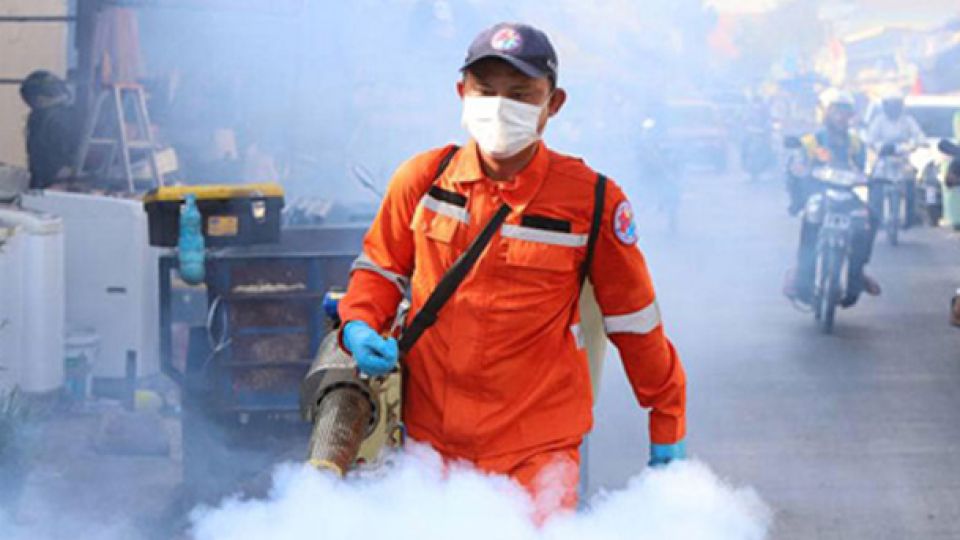May 30, 2024
PHNOM PENH – Dengue fever cases increased by nearly 3,000 cases in the first 20 weeks of 2024 when compared to the same period last year. A recognised vaccine against the disease remains unavailable in Cambodia.
“As many as 5,695 cases were recorded in the first 20 weeks of this year, but only three per cent of them were serious,” said Leang Rithea, director of the National Dengue Control Program (NDCP).
This represented a surge of over 2,987 cases when compared to the same period last year, when just 2,708 cases were recorded, he added.
Over 30,000 cases of dengue fever were recorded last year, an increase over previous years, but the disease was still considered to have remained under control.
Vaccines are not yet available for official use, although a brand called Qdenga has been promoted online. The Ministry of Health issued a warning to the public earlier this year, noting that it has not yet been approved by the WHO.
“At the present time, Cambodia has no vaccine against dengue fever,” added Rithea.
Kuong Lo, director of the Preah Vihear Provincial Department of Health and advisor to the health ministry, noted that the NCDP have predicted that in 2024, there will be more dengue cases than last year. It forecast over 40,000 cases for 2024.
“This means cases will increase by over 10,000 cases in 2024. This is part of the cycle of the disease, which is not related to the early or late arrival of the rainy season. This year, the rains will come later,” he explained.
According to the health ministry’s Department of Communicable Disease Control (CDC), dengue fever is caused by four types of virus, DENV1, DENV2, DENV3 and DENV4, and is spread from one person to another by the bite of the female Aedes aegypti mosquito, known as the Asian tiger mosquito.
According to epidemiological predictions, dengue fever outbreaks occur every five to six years. The last major outbreaks were in 2012 and 2018.
The Preah Vihear health department has recorded a total of 77 cases so far this year, but there is no outbreak, Lo added.
“We have taken a lot of measures to combat dengue fever. We provide health education to the public, including students at schools, and distribute the insecticide Abate. There has been no outbreak of the disease, but we have sprayed insecticide in areas with a lot of mosquitoes,” he said.
To prevent dengue fever, the health ministry has called for the public to destroy larvae, and ensure that no standing water is allowed to remain. Water containers should be cleaned at least twice a week, or larvicide like Abate should be applied.
People are advised to sleep in insecticide-treated mosquito nets both day and night, remove bush around their homes and wear long sleeves and trousers. Should any symptoms of the disease appear, like fever, they should immediately go to the nearest health centre or hospital.
“If an individual suspects that they have dengue fever, they should not try to treat themselves with aspirin, or seek treatment at an unregistered health facility,” warned the ministry.


